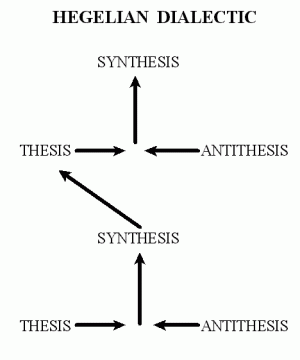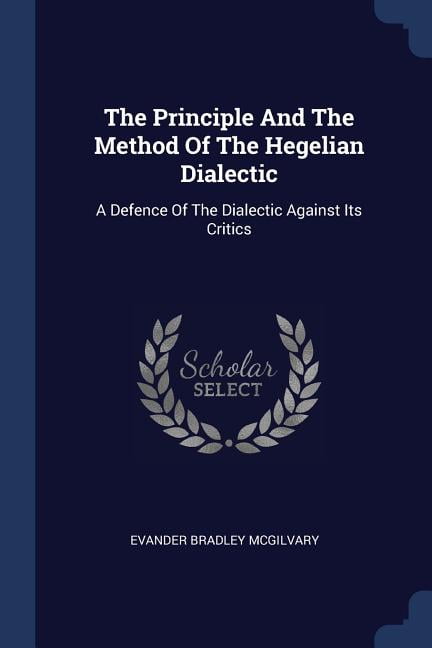
It assumes that we are aware of the extent to which Hegel, insidiously perhaps, is close to us it implies a knowledge, in that which permits us to think against Hegel, of that which remains Hegelian. Ruly to escape Hegel involves an exact appreciation of the price we have to pay to detach ourselves from him. Hegelian Dialectics: a Viral Gift to Human Knowledge

Overall the article illustrates the potentials of Hegelian dialectics for avoiding entrenched dualisms and static oppositions in future research. This fact draws attention to the importance of considering the metaphysical aspects of the sense-modalities, and how such aspects relate to any given developmental phenomenon. Finally, we find that the subject is displaced in between observation and experience and thus epistemically constrained in its access to empirical matters. This claim leads us to a discussion of the theory of knowledge offered by Hegel as opposed to Kant, and how these theories relate to the struggle between process and structure. We do this by introducing some of the metaphysical assertions implied by mechanicism and showing how these assertions are scientifically inadequate in explicating the relation between the empirical matter and abstract representation of a given (developmental) phenomenon.


More specifically, we investigate how Hegel initiated the move from classical mechanicism to dialectics, thus rearranging the ruling scientific logic at his time. In this article, we explore the metaphysics of Hegelian dialectics and its implications for a developmental science.


 0 kommentar(er)
0 kommentar(er)
